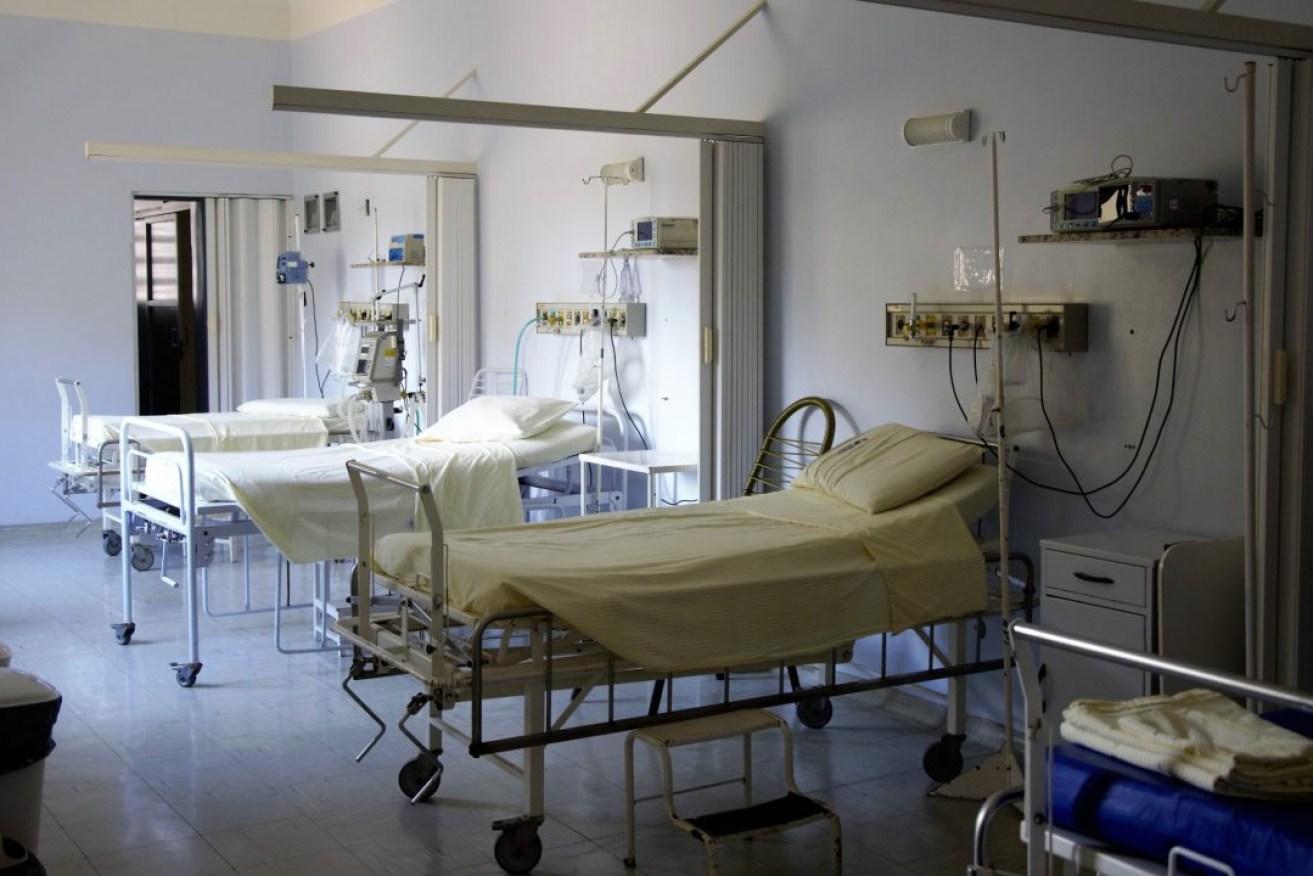Girl’s premature death sparks call for greater parent oversight
Parents of chronically-ill children should be assessed if health or child protection services raise concerns about their childrearing capacity, a state government committee has recommended following the premature death of a girl with a chronic health condition who was subject to multiple child protection notifications.

Photo supplied
The South Australian Child Death and Serious Injury Review Committee has also recommended that health services provide more cost-effective care for children who have lifelong disabilities or chronic health conditions.
It follows the premature death of a girl with chronic illness in South Australia, who was subject to multiple Child Protection Department notifications in the years leading up to her death.
According to the committee’s 2019-20 annual report tabled in parliament, she “died as a result of medical neglect” after being diagnosed early in life with an unspecified condition, which the committee described as life-shortening but more usually fatal in mid-life.
“Her life story exemplified what can happen when a service loses focus on a person who is at the heart of its business,” the report states.
The committee wrote that the girl, whose age was not specified, was repeatedly admitted to hospital and ultimately spent almost 20 per cent of her life there.
It wrote that she also experienced “educational neglect”, as she was absent from school for over two thirds of each school year in the last five years of her life.
“The family’s circumstances included drug use, domestic violence, and multiple relocations of their household, which limited its ability to provide for her complex daily care needs,” the report states.
“Community-based support services actively prompted by SA Health and DCP (Department for Child Protection) were often not taken up by the family.
“Multiple notifications were made to DCP, but frequently no action was taken.”
The committee wrote that some service providers made “significant efforts” to stay connected to the family for the girl’s benefit, but records showed that her health only improved when she was admitted to hospital for extended periods.
“Towards the end of her life, palliative care services worked to acknowledge her voice and views, enabling her to become an active participant in decisions about her life,” it wrote.
The date of the girl’s death was not specified.
The report outlined several recommendations to prevent further cases of medical neglect, including the adoption of “parenting capacity assessments” when health or child protection services have “significant concerns” about the capacity of a family to manage a child’s complex care needs.
It also proposed that child protection, education and health services work together to provide the “most cost-effective care” over the course of a child’s life, particularly when a child has life-long disability or chronic health conditions.
The committee wrote that it would discuss the recommendations with SA Health and the Departments for Child Protection, Human Services and Education.
InDaily contacted the Child Protection Department for comment.
The deaths of children and young people from illness or disease consistently account for over half the total number of child deaths in South Australia.
According to SA Commissioner for Children and Young People Helen Connolly, nationally between 16 to 20 per cent of children are impacted by chronic illness at some point in their childhood, but not much is known about the impact on children locally.
In her annual report, also tabled in parliament, Connolly described the lack of knowledge about the impact of chronic illness on all aspects of a child’s life as a “system failing”.
“The reality is we don’t know the true extent of the problem and this presents a challenge for delivery of current services, as well as effective longer-term planning at the local area health network level,” Connolly wrote.
“To give children and young people living with chronic illness the care, treatment and support they require — and to which they are entitled — we first need to know the nature and extent of the problem.”
Connolly said she would investigate the impacts of chronic illness on children and young people in South Australia this financial year.




